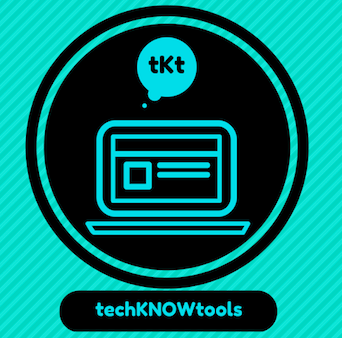I’m just catching up with the #eduMOOC course modules this weekend, as my own local scholastic/work deadlines got the best of me over the last couple of weeks. During the second week, #eduMOOC2 – What The Research Tells Us was the topic for the #eduMOOC panelists: Dr. Karen Swan from the University of Illinois, Dr. Phil Ice from the American Public University System and Dr. Ben Arbaugh from the University of of Wisconsin.
The panel’s #eduMOOC 2 conversation focus for online learning research were guided by the following questions:
- What do we know?:
What are the most important findings to date coming out of online learning research? - How do we know it?:
What methodologies have been most commonly used in online learning research and what promising methodologies are emerging? - What do we still need to know?:
What are the most pressing questions that still remain unanswered? Where is online learning research headed in the near term?
 As a student, I currently participate in course work through a variety of models: in-class, online and blended learning environments. Many of my online Management classes for my minor, are online,”in a can” course format that are typically asynchronous, i.e. discussion board questions/replies, multiple choice exams, online submissions and team project assignments. This mode of learning works well for full-time professionals who work 40-60 hours/week while in graudate school. In thinking about my learning preferences, my engagement increases when course materials are interesting and require collaboration/synchronous participation (Skype conference calls, group planning in Wiigo, team writing projects in Google Docs). As an adult learner and busy professional, I can also appreciate the autonomy and self-direction an asynchronous course format provides during the semester.
As a student, I currently participate in course work through a variety of models: in-class, online and blended learning environments. Many of my online Management classes for my minor, are online,”in a can” course format that are typically asynchronous, i.e. discussion board questions/replies, multiple choice exams, online submissions and team project assignments. This mode of learning works well for full-time professionals who work 40-60 hours/week while in graudate school. In thinking about my learning preferences, my engagement increases when course materials are interesting and require collaboration/synchronous participation (Skype conference calls, group planning in Wiigo, team writing projects in Google Docs). As an adult learner and busy professional, I can also appreciate the autonomy and self-direction an asynchronous course format provides during the semester.
Learner needs and effectiveness can be impacted with the implementation of emerging technologies. There is the Clark vs. Kozma debate between the media and the message as instructors test the waters with social web and open educational resources for learning environments. Social engagement and social presence can lend to greater online learning retention – depending on the course content and the intended learner audience. From my experiences with online learning/instruction, it has been great to see learner-driven course participation and the growth of peer-to-peer learning networks to support communities of inquiry for learning.
- Repositories of institutional/educational research
- Federation of large data sets for educational research
- Quantitative assessment & measurement
- Increased research in online learning
- Globalization & cultures in online
- Quality of learning
- Linking outcomes to specific courses/institutional goals
- Open Education Resources (OER) role in online learning
